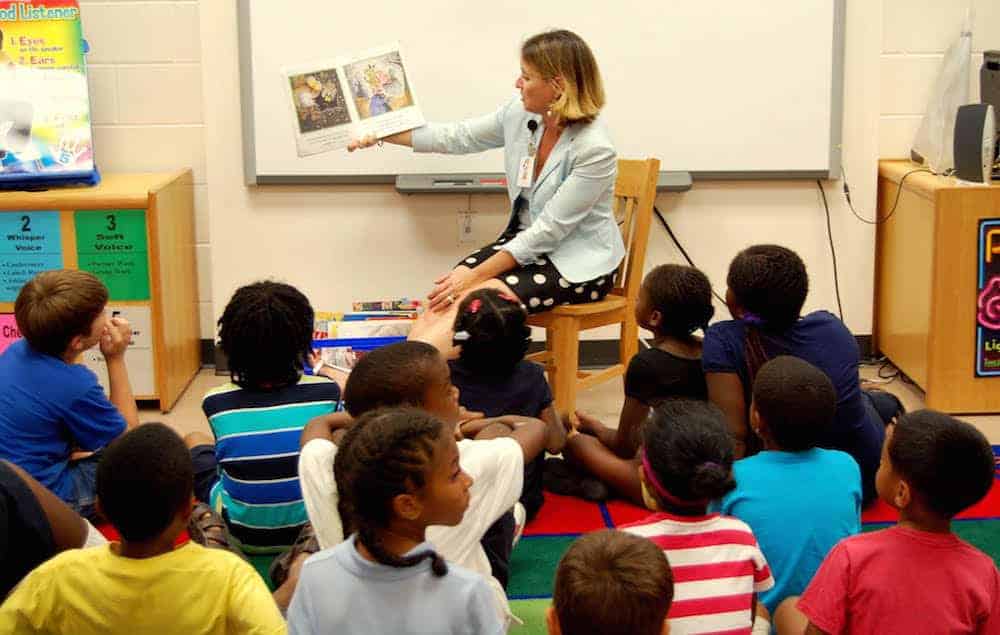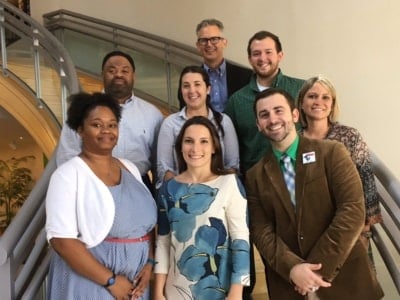Three years ago, as North Carolina struggled to attract and retain enough teachers to fill all the vacancies in public school classrooms across the state, the Cumberland County school system decided to get creative.
District administrators realized they were often encountering prospective teachers who—for various reasons—were not licensed to teach in North Carolina. Perhaps they taught in another state, or they were missing courses required for lateral entry, or they were new graduates waiting on their paperwork to clear the Department of Public Instruction.
So CCS created a new classification: “Options” teachers.
“They’re kind of like super substitutes,” says Reuben Reyes, the district’s associate superintendent of human resources. “It was a mechanism to get those individuals into our buildings as quickly as possible.”
The options teachers are paid more than teacher assistants or short-term subs but not as much as fully-licensed teachers, although they do receive benefits. When Cumberland County hires them, the expectation is that they will work toward licensure during the school year.
“They’re kind of in a no man’s land. They can’t qualify to be paid as a teacher because they don’t have the licenses, but they’re the kind of people we want to get into our buildings and in front of our kids,” Reyes says.
Currently, the district has 52 options teachers. That number will dwindle as the school year goes on, as the options teachers become fully licensed teachers, at which point CCS classifies (and pays) them as such.
Alderman Road Elementary School, with a student body of nearly 700 children, has four options teachers this school year—the first time it has taken advantage of the program. Principal Charla Trogdon filled last-minute teaching vacancies in kindergarten and first grade with options teachers. “Because of the late date, there were not any qualified applicants left,” she says. “At that time, there were several openings throughout the entire county.”
Cumberland County provides mentoring and support for the options teachers through its beginning teacher program. “We’re indoctrinating them in the process, just like they were a beginning teacher or a lateral entry teacher,” Reyes says. “They’re still getting that level of support.”
The model works especially well in the Fayetteville area—home to Fort Bragg and a transient military population. Often, military spouses with previous teaching experience move to the area and want to continue teaching, Reyes says.
“Sometimes getting licensed is a little more complicated than just sending in some paperwork,” he says. “We really value previously licensed teachers probably more than any category because we know they have that background and experience in teaching.”



